Nobody talks about the sporting life of Indian film folk. In the checkered history of Indian cinema, many a singer, lyricist or actor has won medals and been in the Olympics. Manna Dey was a wrestler. Janki Das broke a few world records in cycling and was a member of the International Olympic Committee at the Berlin Olympics of 1936. Actor David Abraham Cheulkar, known widely for playing the endearing “uncle”, was president of the Maharashtra Weightlifting Federation and vice president of the Indian Weightlifting Federation and served on the Olympic Committee, representing India.
David took interest in theatre since his days at St. Joseph’s School and Wilson College. Curiously, he was doing plays in French. A neighbour staged French plays in his garden. Since David knew the language well, he was an obvious choice to play the leads in those plays. David’s father passed away when he was a toddler, leaving it to his older sibling Shalome and his mother Dinah to take care of him. David graduated in 1930 with a B.A. degree, but it proved ineffective in giving him a job. Nobody had anything to offer him for 6 years. Between 1930 to 1936, David waited patiently, continuing his search for employment. He even studied law at the Government Law School. He was scraping the bottom of the barrel, but it was his flair for histrionics that finally landed him some way to earn a living.
David later wrote that it was on January 15, 1937 that he got his first letter of appointment. It was a letter granting him a role as a character actor in a new film. The 1930s in Indian cinema was peppered with Tarzan rip-offs. Many titles were used for the stock character of the Ape Man swinging on vines in the jungle and hobnobbing with primates. One of them was Zambo, The Ape Man. One of David’s acquaintances had introduced him to producer-director Mohan Bhavnani, who was making Zambo. David was signed on for a minor role, but Bhavnani was insistent that he cut off his pencil moustache. David Abraham of the thirties was obviously a far cry from the portly old man we knew and loved from the Hrishikesh Mukherjee movies. David was then a stout young man who sported a thin line of hair above his lip, modelled after the Hollywood matinee idol Errol Flynn who was then known for Captain Blood (1935) and The Charge of The Light Brigade (1936) and was soon going to famously play Robin Hood in The Adventures of Robin Hood (1938). The young man had no choice but to shave it off.
The 28-year-old David played an elderly professor. His film career had begun in right earnest, and in the three years that followed, Bhavnani took him under his wings and started grooming him as an actor. It was in those years that David really went to school. During this period, he worked as an assistant director, production manager, clapper boy, continuity clerk and telephone operator, in addition to being an actor. He was earning a fixed salary like everyone else did those days. But in 1940 – on February 1, 1940, he later wrote – David was unceremoniously let go. It was a difficult time. He tried getting into a different studio, but things didn’t quite work out. David eventually resumed his law education, which he had had to abandon halfway through his exams due to his newfound career in films. But now he found time for his degree. He was a BA, LLB now, quite the coveted bouquet of degrees for a young man those days. But even then, a career eluded him.
By the time David went back to the studio floors, filmmaking had changed. Stars held sway and demanded fees instead of a salary. It was one of these stars who gave David his first major break as a serious actor: Boot Polish (1954). He played John Chacha a bootlegger with a heart of gold who doles out precious life lessons to the kids on whom the film is centred. David’s role was acclaimed widely, and he was among the first winners of a new award instituted by a film magazine. The awards then were called Clare Awards after Clare Mendonca, a Times of India movie critic who had just passed away. The awards were later rechristened Filmfare Awards, named after the magazine. David’s persona and voice had a calming influence, and he was later roped in as the host of Filmfare awards, and eventually, several award functions instituted by the government. It has also been said that Jawaharlal Nehru insisted David’s participation as an announcer/ host at most government functions.
David Abraham was also closely associated with the Indian People’s Theatre Association (IPTA). He was acquainted with Khwaja Ahmed Abbas, who co-directed Pardesi aka Khozhdenie za tri moray (1957), an Indo-soviet co-production. This was also the year in which David collaborated with Hrishikesh Mukherjee for the first time. Mukherjee’s first film Musafir starred him as the landlord who rents away his house to a succession of tenants: from Raja (Dilip Kumar) to Bhanu (Kishore Kumar) to Shakuntala (Suchitra Sen). Over the next twenty-odd years, Hrishikesh and David found their own rhythm. A Hrishikesh Mukherjee film won’t be complete with the David stock character, a sharp, often sarcastic old man who is never the centre of the plot, but orchestrates it from the fringes.
All this while, David’s affair with bodybuilding and sports continued. As mentioned earlier, he was part of the Olympic Committee. He was present at the Munich Olympics in 1972 where some of his friends from the Israeli delegation were massacred, an event which eventually made it to Steven Spielberg’s Munich (2005). A practising Jew, he also headed the Indian delegation to the Jewish Maccabiah Games on two different occasions. He was an active member of the Cricket Club of India (CCI) and the Bombay Gymkhana. He was a frequent sight at CCI holding his own meetings, which came to be known as ‘David’s Corner’. Also a Freemason, David took membership across several lodges.
To every keen admirer of Hindi films of the 60s and 70s, David was a familiar face in dramatic stories. But he was rarely seen just playing the hero’s father or heroine’s uncle, with two lines of dialogue. He played the patriarch who advised the hero/ heroine, showed them the way or played a major catalyst in the events which form the crux of the film. He was the veritable ‘Narad Muni’ who orchestrated plot points. Whether it was Abhimaan (1973), Chupke Chupke (1975) or Gol Maal (1978), he was never the central character, but he moved the story forward in his own way.
A lifelong bachelor, David migrated to Canada in 1979 to live with his nephew Victor and his niece Diana. Even there he continued creative pursuits, participating in a play about the Holocaust and making a documentary called Bridges for the Film Board of Canada. On January 2, 1982, David Abraham Cheoolkar passed away at the North York General Hospital. The eternal ‘uncle’, David said the following in a 1956 interview, less than 20 years after his debut: The thought that I have been an actor in Indian films for nearly twenty years gives me the creeps – almost! My palm tenderly caresses my bald pate and my hair, whatever is left of it, and I become alive to the fact that I am getting old. To be frank, I have known it for quite some time and it hasn’t bothered me a bit. I am no Dorian Gray and they were twenty wonderful years that I have spent in the world of entertainment, in the world of grease paint and powder, in the world of illusion and make-believe.
Amborish is a National Film Award winning writer, biographer and film historian.
Read all the Latest News _,_ Trending News _,_ Cricket News _,_ Bollywood News _,_ India News and Entertainment News here. Follow us on Facebook _,_ Twitter and Instagram


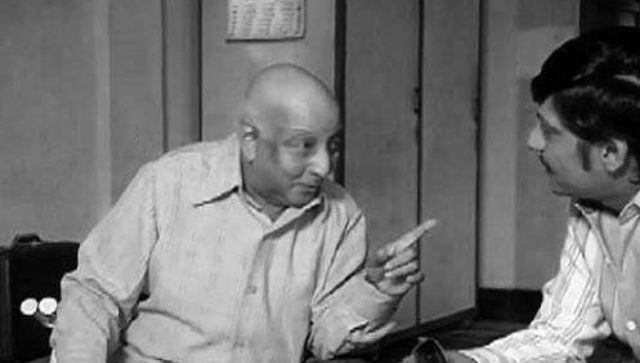)




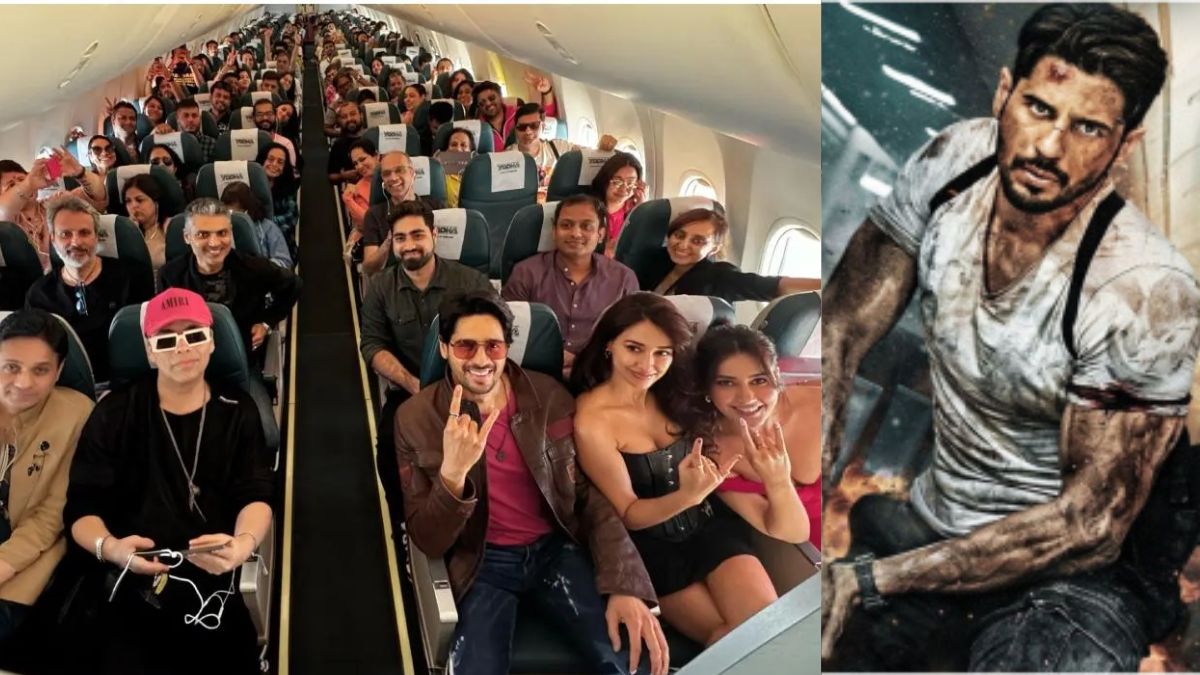)
)
)
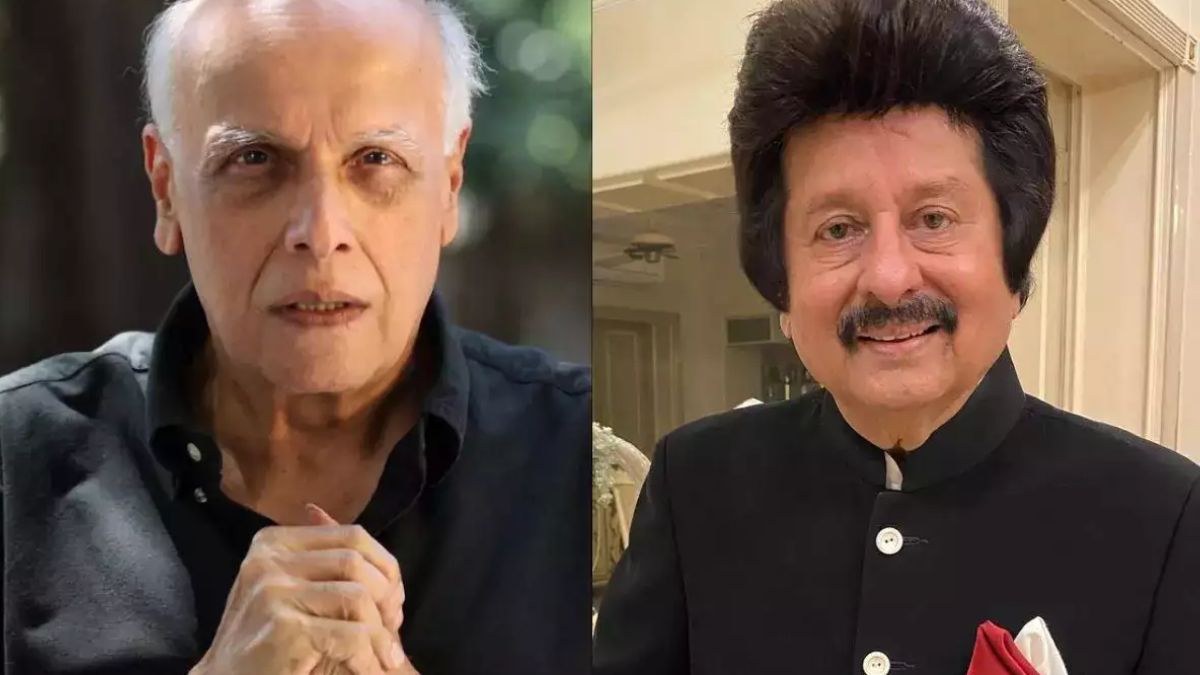)
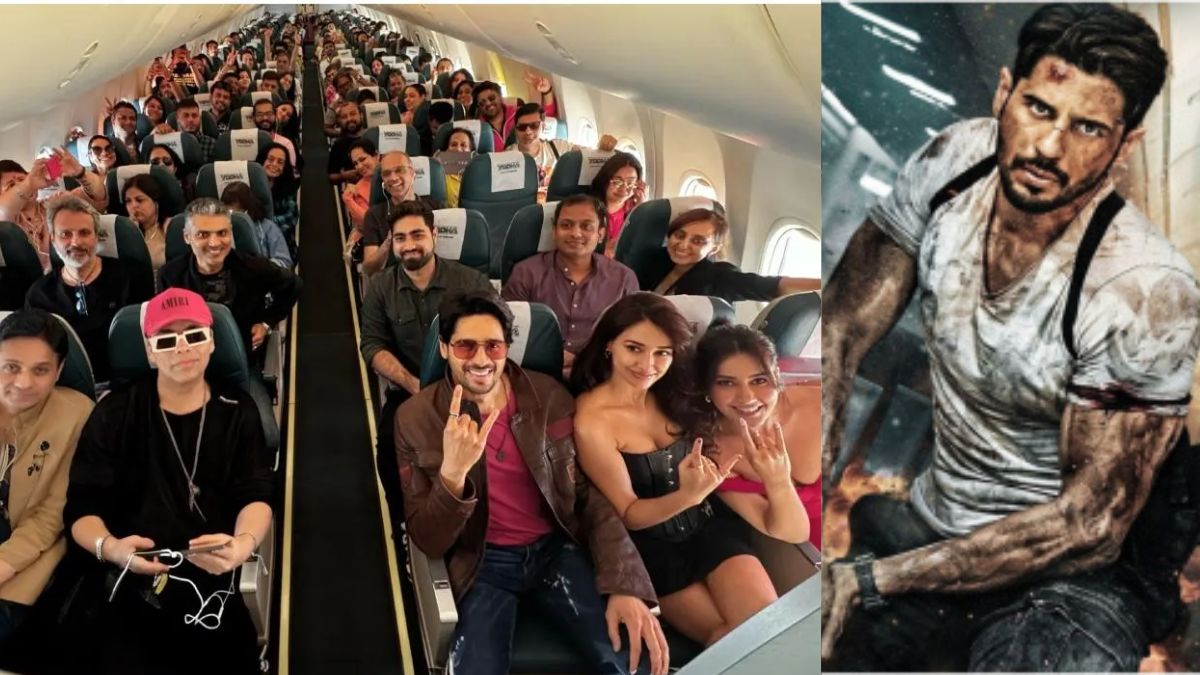)
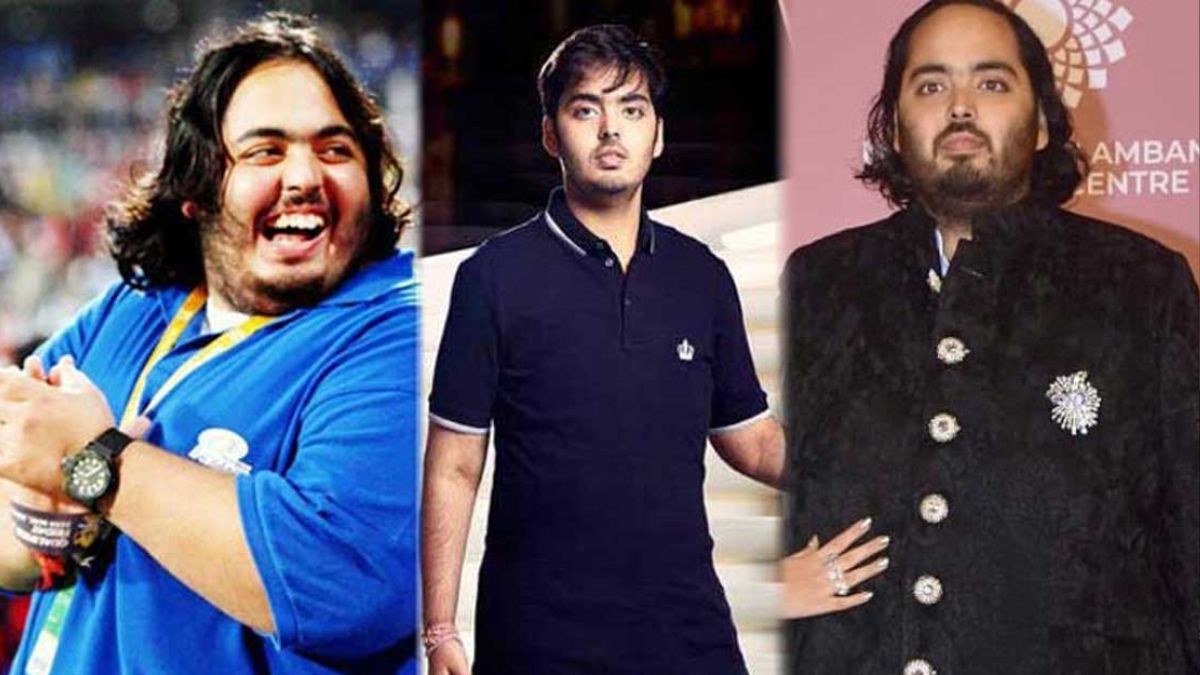)
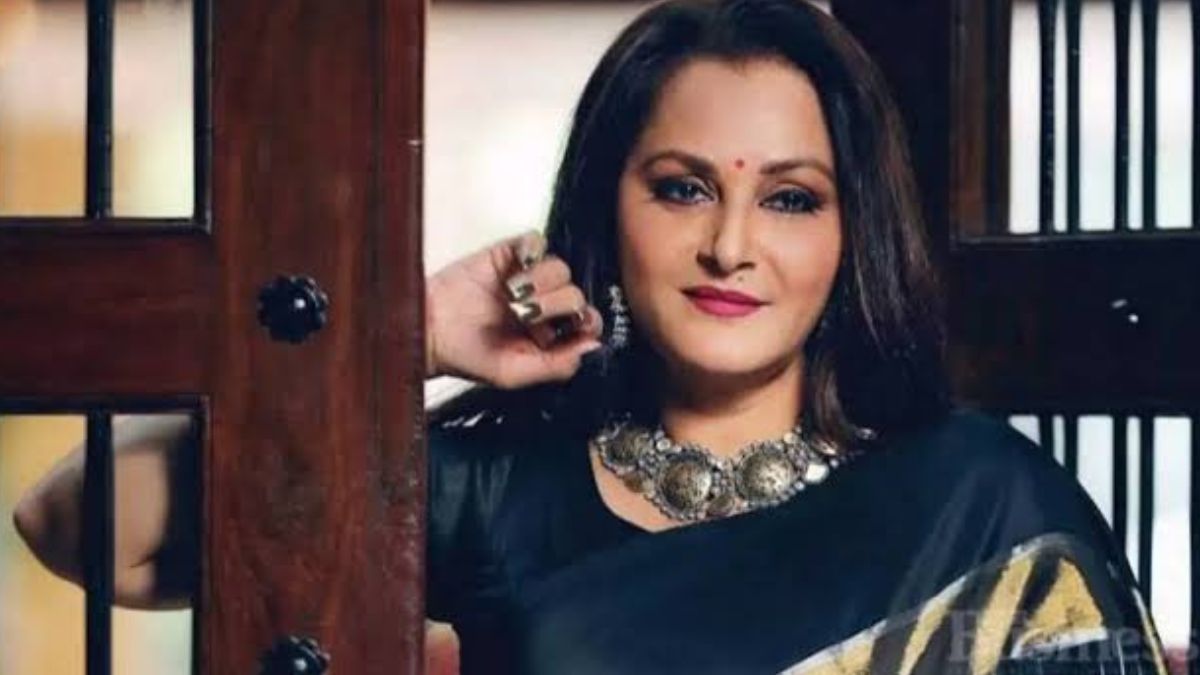)
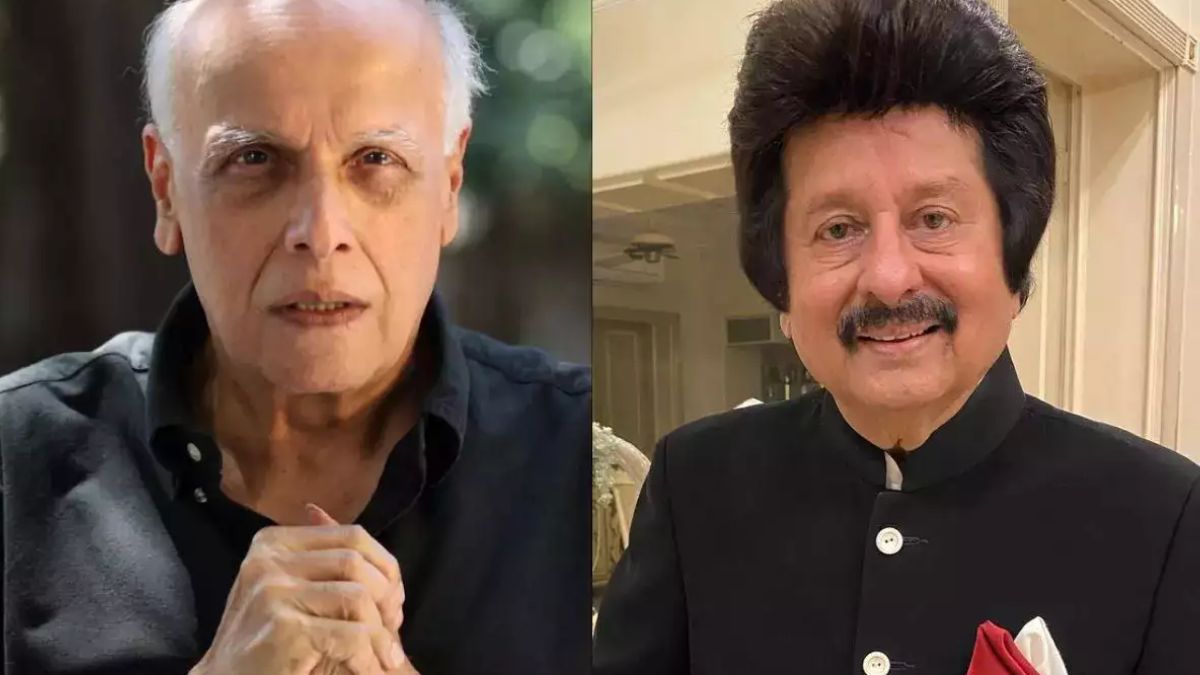)